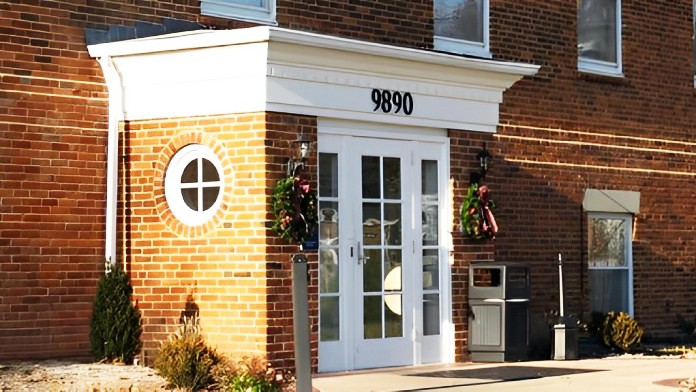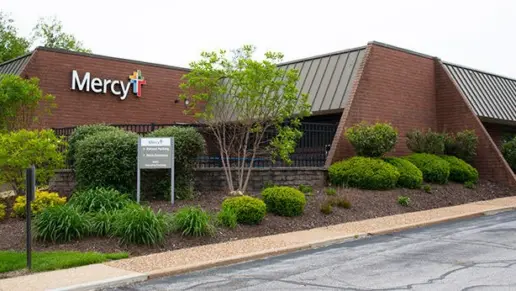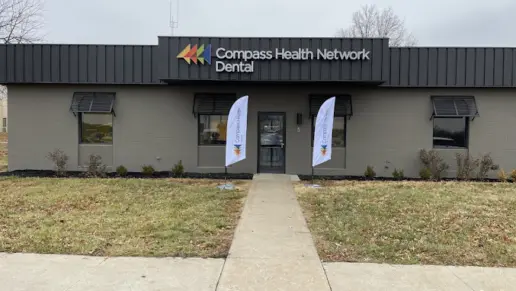The service is magnificent. I love the doctors because they try to understand you and they don't seem like they'll judge you!
About Clayton Behavioral
Clayton Behavioral is located on Clayton Road in St. Louis, Missouri. The programs are outpatient and offered under the “Plan Your Recovery” brand name. They offer treatment for adults, teens, and college students who have substance use and co-occurring disorders.
Although they don’t contract with any insurance companies, they’ll submit any therapy fees to your insurance company. This means you’ll pay out of network prices for therapy.
At the time of writing, family and individual therapy costs between $90 – $150 per session. Group therapy is $50 per session. The outpatient detox is $200 per physician visit. Urine drug screens are $15. If you’re getting medication assisted treatment (MAT) with Suboxone, it’s $200 per physician visit.
They offer outpatient medical detox, and you’ll be seen by a physician within 24 hours of signing up for the program. Medical detox includes medications to help you withdraw from drugs or alcohol more comfortably, avoiding the worst withdrawal symptoms. The medications also reduce your cravings. The service is available Monday through Friday.
Once you’ve detoxed, you’ll then work on understanding your unique situation and what caused your addiction. This will include any co-occurring mental health issues you have. The main avenue of treatment in the program is cognitive behavioral therapy (CBT). CBT addresses the stream of thoughts that run through your mind each day and how those thoughts and beliefs shape your emotions and behaviors.
CBT cuts through the addiction cycle of shame and guilt, efforts at abstaining, and the triggers to alcohol and drug use to help you break free from the need to use. CBT is a proven, evidence based therapy that helps with mental health issues in addition to substance use.
Your first two CBT sessions will be devoted to assessing your situation and coming up with a treatment plan. After that, you’ll have regular sessions to address your goals. CBT is goal oriented in comparison to traditional talk therapy.
You’ll work on implementing goal oriented strategies for the week between your appointments. It’s important that you take action on your own between your appointments so that you make real progress. As you become more independent and learn the CBT method, you’ll be able to reduce your sessions.
Rehab Score
Gallery

Location
Other Forms of Payment
Self-pay involves paying for treatment out of your own pocket. You can use savings or credit, get a personal loan, or receive help from family and friends to fund your treatment. If you don't have insurance or your insurance plan doesn't cover a specific program, self-pay can help ensure you still get the care you need.
Addiction Treatments
Levels of Care
Treatments
The goal of treatment for alcoholism is abstinence. Those with poor social support, poor motivation, or psychiatric disorders tend to relapse within a few years of treatment. For these people, success is measured by longer periods of abstinence, reduced use of alcohol, better health, and improved social functioning. Recovery and Maintenance are usually based on 12 step programs and AA meetings.
Drug rehab in Missouri usually involves several phases: detox, rehab, and aftercare. The rehab phase may include a combination of inpatient and outpatient treatments, as the individual moves through a continuum of care on their recovery journey.
Many of those suffering from addiction also suffer from mental or emotional illnesses like schizophrenia, bipolar disorder, depression, or anxiety disorders. Rehab and other substance abuse facilities treating those with a dual diagnosis or co-occurring disorder administer psychiatric treatment to address the person's mental health issue in addition to drug and alcohol rehabilitation.
A combined mental health and substance abuse rehab has the staff and resources available to handle individuals with both mental health and substance abuse issues. It can be challenging to determine where a specific symptom stems from (a mental health issue or an issue related to substance abuse), so mental health and substance abuse professionals are helpful in detangling symptoms and keeping treatment on track.
Opioid rehabs specialize in supporting those recovering from opioid addiction. They treat those suffering from addiction to illegal opioids like heroin, as well as prescription drugs like oxycodone. These centers typically combine both physical as well as mental and emotional support to help stop addiction. Physical support often includes medical detox and subsequent medical support (including medication), and mental support includes in-depth therapy to address the underlying causes of addiction.
Programs


Clinical Services
Cognitive Behavioral Therapy (CBT) is a therapy modality that focuses on the relationship between one's thoughts, feelings, and behaviors. It is used to establish and allow for healthy responses to thoughts and feelings (instead of unhealthy responses, like using drugs or alcohol). CBT has been proven effective for recovering addicts of all kinds, and is used to strengthen a patient's own self-awareness and ability to self-regulate. CBT allows individuals to monitor their own emotional state, become more adept at communicating with others, and manage stress without needing to engage in substance abuse.
Group therapy is any therapeutic work that happens in a group (not one-on-one). There are a number of different group therapy modalities, including support groups, experiential therapy, psycho-education, and more. Group therapy involves treatment as well as processing interaction between group members.
Contact Information
9890 Clayton Road Suite 100
Saint Louis, MO 63124


